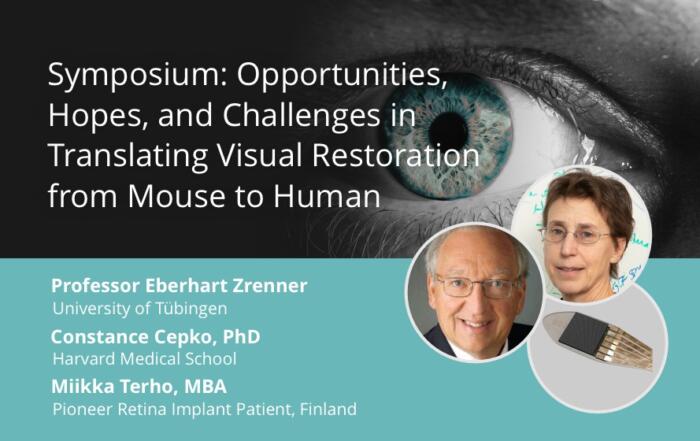Reece Mazade, PhD demonstrates the usefulness and feasibility of refractive error measurements in mice and discusses mechanisms of refractive development enabled through application of an automated Photorefractor.
Refractive development is a complicated process that involves matching the eye’s size with its optical power. A failure of this process leads to refractive error and blurred vision. The prevalence of myopia, the most common refractive error, is rapidly increasing worldwide, creating a wide public health concern. Currently, there is extensive effort to understand the mechanisms that underlie myopia development for better prevention. Monitoring refractive error in animal models using an automated Photorefractor has enabled in-depth investigations into these mechanisms and proved invaluable to achieving this goal.
In his presentation, Reece shows present data from several recent studies that use automated Photorefractor to investigate how different environmental, pharmacological, and genetic manipulations in mouse models affect refractive development and myopia progression.
Key Topics Include:
- Refractive error measurements are practical and reliable for monitoring refractive development and myopia in mice
- Monitoring refractive error in animal models enables mechanistic investigations into myopia development
- Categories: Neuroscience, Vision Research
- Tags: myopia, Rodent
Presenters
Reece Mazade, PhD
Research Scientist
Pardue Lab
Emory University School of Medicine







